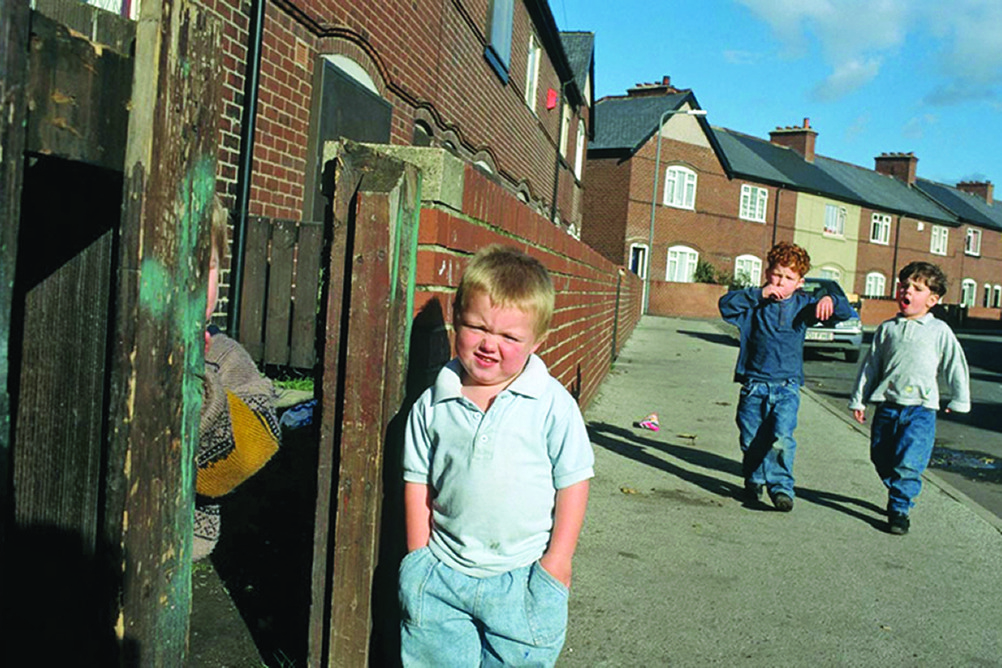
A poll by the National Education Union (NEU) of 8,674 of its UK members reveals teachers are witnessing a ‘significant’ increase in the visibility of child poverty in their school or college.
More than 90 per cent of respondents said the effects of poverty and low-income are having an impact on children’s learning.
Half said they believe things have got worse or ‘significantly’ worse since 2016. Primary school teachers were slightly more likely to say things had deteriorated.
The NEU, which has released the findings ahead of it annual conference in Liverpool this week (15-18 April), says the situation is compounded by the education funding crisis meaning that schools can do less to attempt to ‘counter the impacts of poverty on children’s education.’
Register now to continue reading
Thank you for visiting Nursery World and making use of our archive of more than 35,000 expert features, subject guides, case studies and policy updates. Why not register today and enjoy the following great benefits:
What's included
-
Free access to 4 subscriber-only articles per month
-
Unlimited access to news and opinion
-
Email newsletter providing activity ideas, best practice and breaking news
Already have an account? Sign in here
